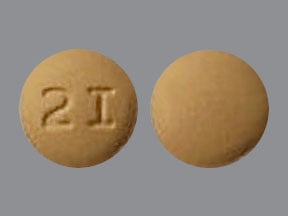
Targadox Coupons & Savings Card – Discount Prices from $67.34
Brand for: Doxycycline hyclate
My prescription
Edit
50MG, Doxycycline Hyclate (20 Tablets)
Select pharmacy

CVS
$68.01
COUPON PRICE
Walgreens
$67.34
COUPON PRICE
Albertsons
$123.63
COUPON PRICE
Walmart
$159.60
COUPON PRICETargadox savings card
Show this card to your pharmacist
Walgreens
$67.34
BIN
ID
PCN
GRP
015995
LHKPX739630
GDC
DR33
Powered by
Related tetracycline antibiotics prescriptions
More prescriptions for urinary tract infection
Related tetracycline antibiotics prescriptions
More prescriptions for urinary tract infection
Targadox (Doxycycline Hyclate) dosage forms
Dosage Quantity Price from Per unit 50MG 20 Tablets $68.01 $3.40 50MG 14 Tablets $53.10 $3.79 50MG 30 Tablets $92.86 $3.10 50MG 60 Tablets $167.42 $2.79 50MG 90 Tablets $249.99 $2.78
| Dosage | Quantity | Price from | Per unit |
|---|---|---|---|
| 50MG | 20 Tablets | $68.01 | $3.40 |
| 50MG | 14 Tablets | $53.10 | $3.79 |
| 50MG | 30 Tablets | $92.86 | $3.10 |
| 50MG | 60 Tablets | $167.42 | $2.79 |
| 50MG | 90 Tablets | $249.99 | $2.78 |
What is the drug Targadox used for?
Targadox is used to treat a variety of bacterial infections. It is commonly prescribed for conditions such as acne, respiratory tract infections, urinary tract infections, and certain types of skin infections. It may also be used for the prevention of malaria and to treat certain types of anthrax after exposure.
Is Targadox the same as doxycycline?
Targadox is a brand name for doxycycline, so they contain the same active ingredient. Doxycycline is a type of antibiotic used to treat various infections.
What does Targadox do?
Targadox is an antibiotic that is used to treat a variety of bacterial infections. It is commonly prescribed for conditions such as acne, respiratory tract infections, and certain types of skin infections. It works by inhibiting the growth and spread of bacteria.
